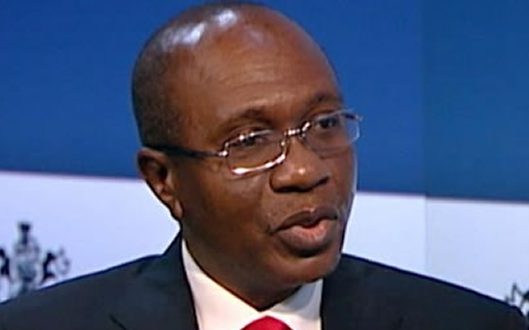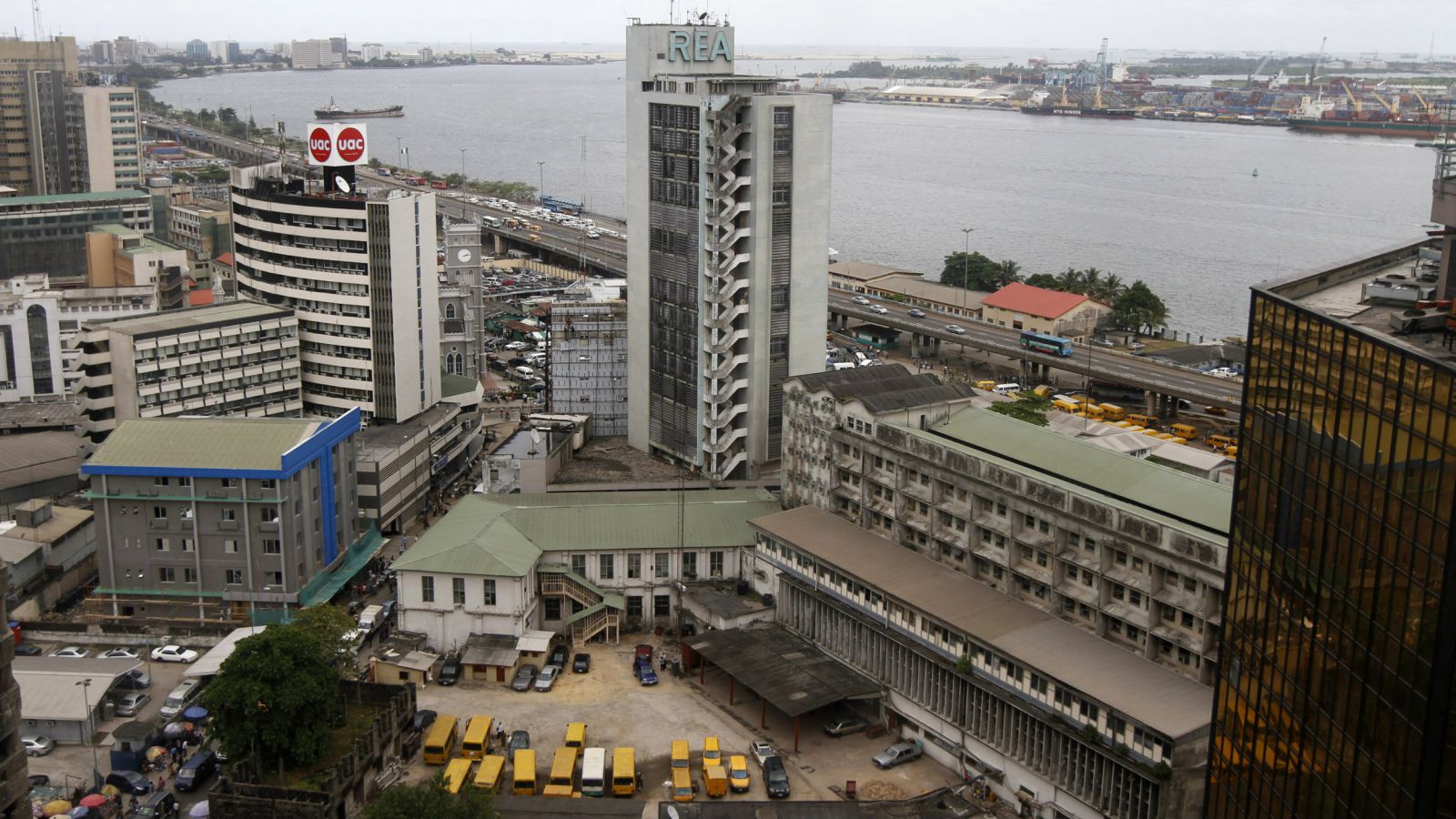The Lagos Chamber of Commerce and Industry (LCCI) has projected a high cost of doing business in 2020.
Its Director-General, Dr Muda Yusuf, made the projection in the LCCI 2019 Economic Review and Outlook For 2020 made available to newsmen on Thursday in Lagos.
He attributed the projected high cost to poor infrastructure, multiplicity of levies, excessive regulations, among others.
Yusuf said that while the nation may have recorded improvement on the Ease of Doing Business Ranking due to some recent policy measures, realities on ground would continue to differ if the highlighted challenges were not properly addressed.
He said that the performance of the trade sector in 2020 would be shaped by the direction of government policies.
Yusuf anticipated that the manufacturing sector would continue to benefit from the Central Bank of Nigeria’s aggressive credit push.
He, however, predicted that competition between foreign and local producers would fade on prolonged closure of land borders.
The director general said that headline inflation was expected to trend higher in 2020.
He said this would be driven by implementation of new minimum wage and continued closure of the land border.
“We expect economic growth to remain subdued at around 2 per cent by 2020 as consumer demand, as well as private sector investment, will most likely remain weak.
“We are of the view that failure by government to fix structural constraints with regards to fixing power challenges and rehabilitating deplorable road networks, will perpetuate the poor productivity and performance of the sector.
“In our opinion, continued protectionist measures of government will most likely limit growth in 2020.
“Elsewhere, the level of the country’s engagement in Africa Continental Free Trade Area (AfCFTA) scheduled to kick-off July 1, 2020, will also impact the performance of trade sector.
“As a sustainable solution, it is imperative to fix the fundamental issues of high cost of domestic production, the prohibitive cost of cargo clearing at the Lagos ports, prohibitive import tariffs, high cost of logistics within the economy, and border policy capacity,” he said.
On the performance of the agricultural sector, the Director-General projected improved credit flow to agriculture on the back of proposed increase in deposit money banks’ loan to deposit ratio to 70 per cent.
Yusuf expressed the view that prolonging closure of the land borders would further add impetus to agricultural output in 2020.
“The monetary value of agriculture output has been on the upward trajectory, rising 40 per cent quarter-on-quarter to N5.41 trillion between July and September from N3.86 trillion between April and June, compared with N3.60 trillion in the first quarter.
“The CBN, like it did in 2019, will maintain status quo by not relenting in supporting the sector with much-needed funds in ensuring that the wide gap between local demand for food and supply is bridged.
“Overall, we expect the sector to sustain its upward growth trajectory in 2020,” he stated.



